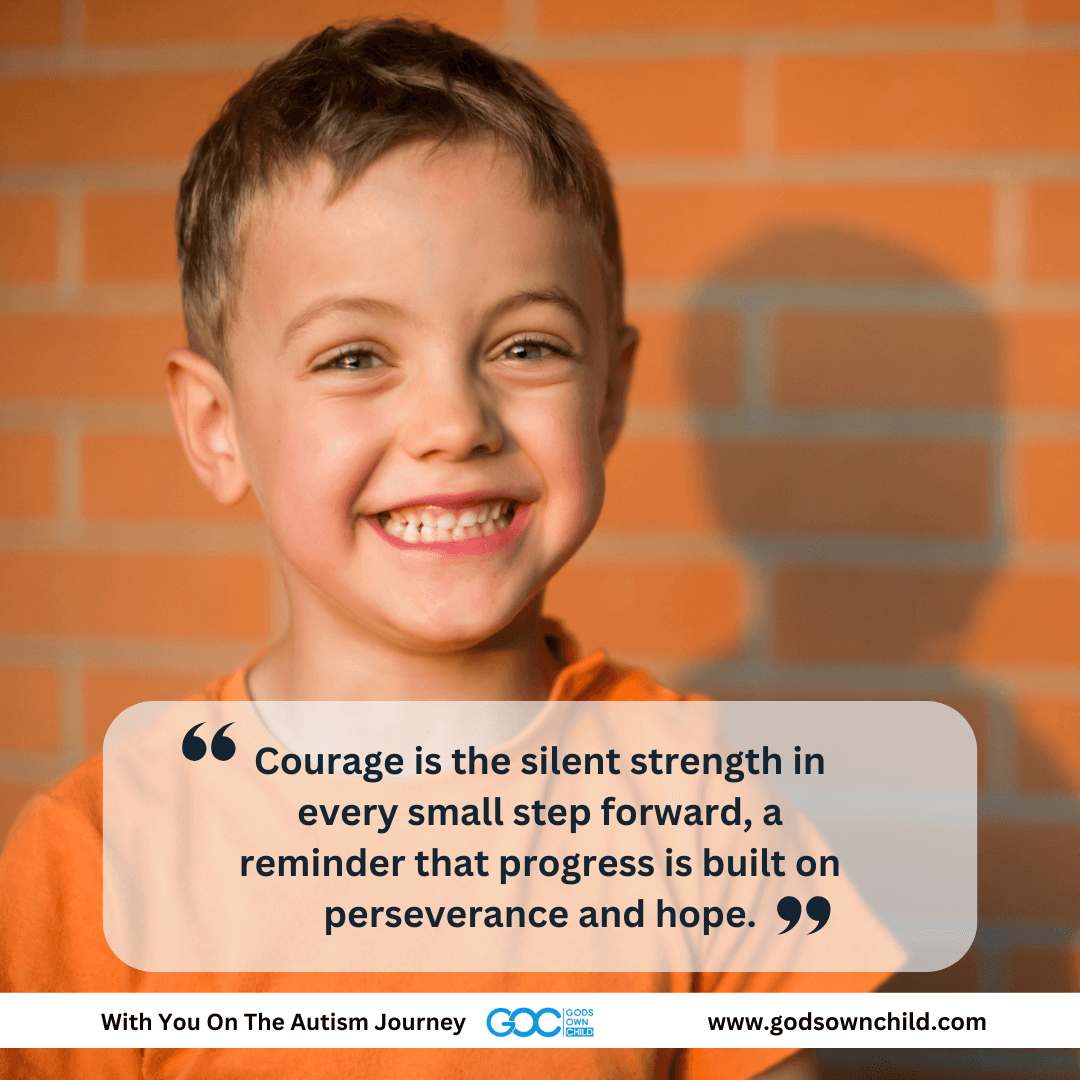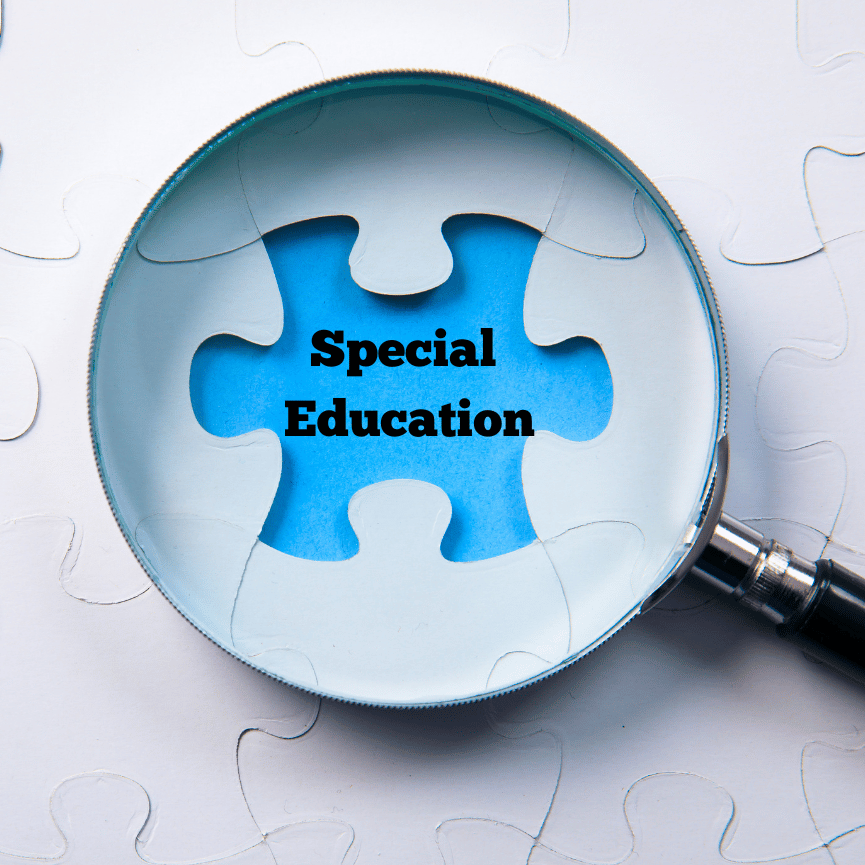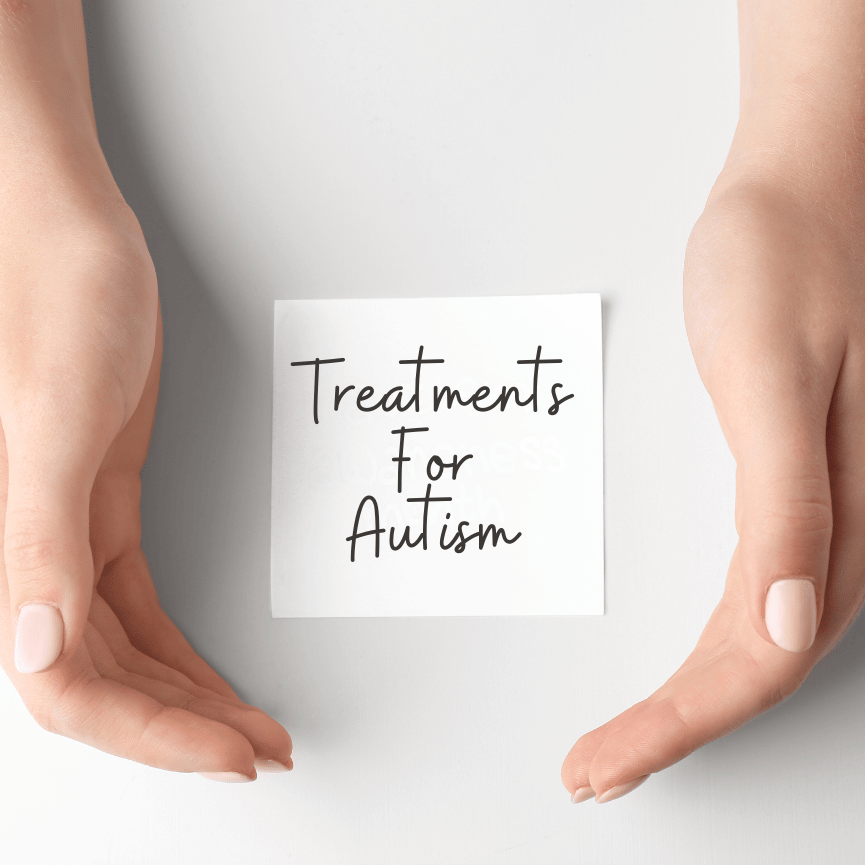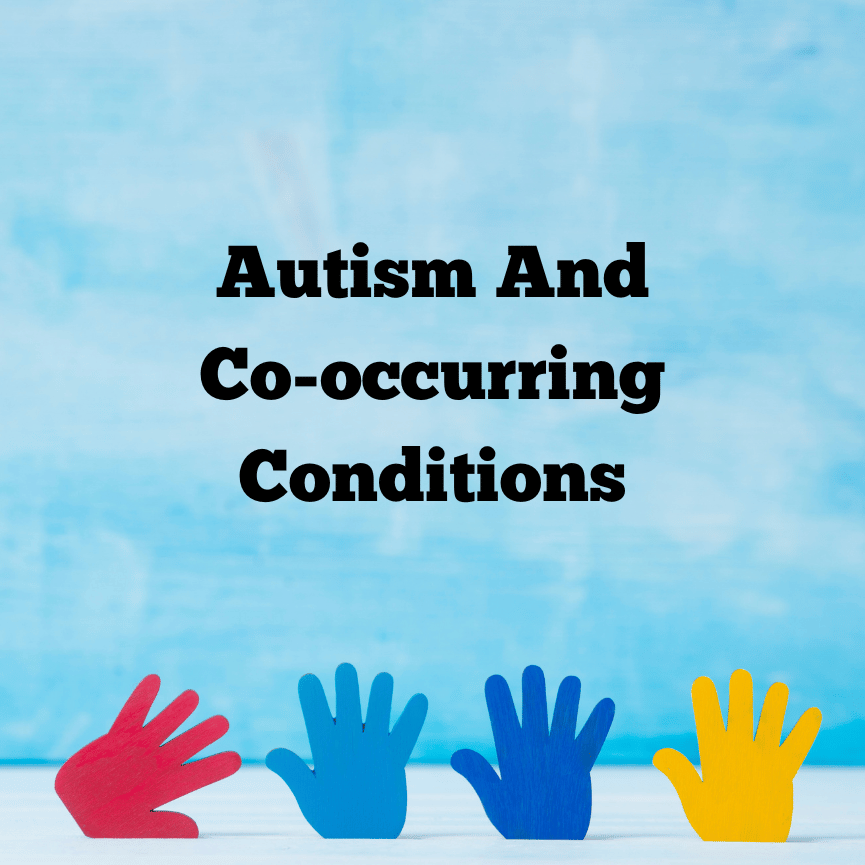
Unlocking the power of peer playgroups for enhanced social skills in autistic children.
Autism spectrum disorder (ASD) is a neurodevelopmental condition that affects millions of children worldwide. While the characteristics and severity of autism can vary greatly from one individual to another, one common challenge many autistic children face is difficulty in social interaction. Fortunately, there are various interventions and therapies available to support these children in their social development, and one promising approach is the use of peer playgroups.
Peer playgroups for autistic children have gained recognition and popularity in recent years as an effective way to enhance social interaction skills. In this comprehensive article, we will explore the concept of peer playgroups, delve into the benefits they offer, provide practical tips for setting up and facilitating these groups, and discuss the role of professionals and parents in ensuring the success of peer playgroups for autistic children. Moreover, we will also shed light on the importance of SEO (Search Engine Optimization) in disseminating valuable information about this crucial topic.
Autism Spectrum Disorder
Gaining an overview of autism spectrum disorder is crucial before diving into the details of peer playgroups. A variety of symptoms that usually appear in early childhood are associated with autism. These symptoms can include repeated behaviors, communication difficulties, sensory sensitivity, and, most importantly for this study, social interaction issues.
Children with autism often struggle with understanding social cues, making eye contact, sharing, taking turns, and forming friendships. These social difficulties can significantly impact their quality of life and future prospects. Therefore, early intervention and support are crucial in helping autistic children develop social skills and integrate successfully into society.
The Power of Peer Playgroups
What Are Peer Playgroups?
Peer playgroups are structured and supervised social gatherings where autistic children interact and play with their neurotypical peers. These groups provide a safe and supportive environment for children to learn and practice social skills through play and interaction. The goal is to create opportunities for autistic children to develop and improve their social communication skills while having fun.
Benefits of Peer Playgroups for Autistic Children
- Improved Social Skills: One of the primary benefits of peer playgroups is the enhancement of social skills. Through consistent interaction with their neurotypical peers, autistic children can learn valuable skills such as sharing, taking turns, making eye contact, and understanding social cues.
- Language Development: Peer playgroups can also contribute to language development. Engaging in conversations and play with peers encourages language acquisition and communication, which is often a significant challenge for autistic children.
- Emotional Regulation: Autistic children may struggle with emotional regulation. Peer playgroups provide a structured environment where they can learn to manage their emotions and respond appropriately to different social situations.
- Building Friendships: Developing friendships can be challenging for autistic children, but peer playgroups offer a unique opportunity for them to form bonds with their peers. These friendships can lead to increased social confidence and a sense of belonging.
- Reducing Social Isolation: Many autistic children experience social isolation, which can lead to feelings of loneliness and depression. Peer playgroups offer a chance to connect with others who understand and accept them, reducing feelings of isolation.
- Generalization of Skills: The skills learned in peer playgroups often generalize to other settings, such as school and community activities, further enhancing the child's ability to interact with others.
Setting Up a Successful Peer Playgroup
Identify Participants
The first step in creating a peer playgroup is identifying suitable participants. Consider the age, interests, and needs of the autistic child when selecting peers. It's essential to ensure a comfortable and inclusive environment where all children can thrive.
Define Goals and Structure
Clearly define the goals and structure of the playgroup. Determine what specific social skills you want to target and plan activities accordingly. A well-structured playgroup will provide a consistent and predictable environment, which is comforting for autistic children.
Choose Appropriate Activities
Select activities that promote social interaction and engagement. These may include board games, art projects, outdoor play, or sensory activities. Make sure the activities are enjoyable for all participants.
Provide Supportive Facilitation
A skilled facilitator, such as a therapist or trained educator, should oversee the playgroup. They can guide interactions, offer support, and help children navigate social challenges as they arise.
Encourage Communication
Create opportunities for communication within the group. Encourage children to express themselves and share their thoughts and feelings. Use visual supports and social stories to help children understand the structure of the playgroup.
Maintain Consistency
Consistency is key in peer playgroups. Hold sessions at regular intervals and stick to the established structure and goals. This predictability can help autistic children feel more comfortable and engaged.
The Role of Professionals and Parents
Professional Involvement
Professionals, such as speech and occupational therapists, special educators, and psychologists, play a vital role in the success of peer playgroups. They can provide valuable insights, strategies, and support to ensure the playgroup meets the specific needs of autistic children.
Parental Involvement
Parents of autistic children should be actively involved in peer playgroups. They can help facilitate interactions, share information about their child's strengths and challenges, and provide emotional support to both their child and others in the group. Parental involvement also extends to reinforcing social skills learned in the playgroup at home and in other social contexts.
SEO Optimization for Information Dissemination
SEO (Search Engine Optimization) plays a crucial role in making information about peer playgroups for autistic children accessible to a wider audience. Here are some SEO strategies to consider:
- Keyword Research: Identify relevant keywords and phrases that people are likely to use when searching for information on peer playgroups for autistic children. These may include terms like "autism social skills group" or "peer playgroups for autistic kids."
- High-Quality Content: Create informative and engaging content that provides value to your audience. Include detailed information on the benefits of peer playgroups, tips for setting up playgroups, and the role of professionals and parents.
- Use of Headings and Subheadings: Organize your content with clear headings and subheadings to make it easy for readers to navigate and find the information they need.
- Internal and External Links: Include relevant internal links to other articles or resources on your website and external links to reputable sources that support your information.
- Mobile Optimization: Ensure that your website is mobile-friendly, as many users access information from smartphones and tablets.
- Meta Titles and Descriptions: Craft compelling meta titles and descriptions that accurately represent your content and encourage users to click through to your article from search engine results.
- Image Optimization: Optimize images by using descriptive alt text and compressing them to improve page load times.
- Regular Updates: Keep your content up-to-date with the latest information and developments in the field of autism and peer playgroups.
Enhancing social interaction for autistic children is a crucial step in their development and overall well-being. Peer playgroups offer a valuable and effective intervention that can lead to improved social skills, language development, emotional regulation, and friendships. By carefully planning and facilitating these playgroups, involving professionals and parents, and utilizing SEO strategies to disseminate information, we can work together to create a more inclusive and supportive environment for autistic children to thrive socially and emotionally.










